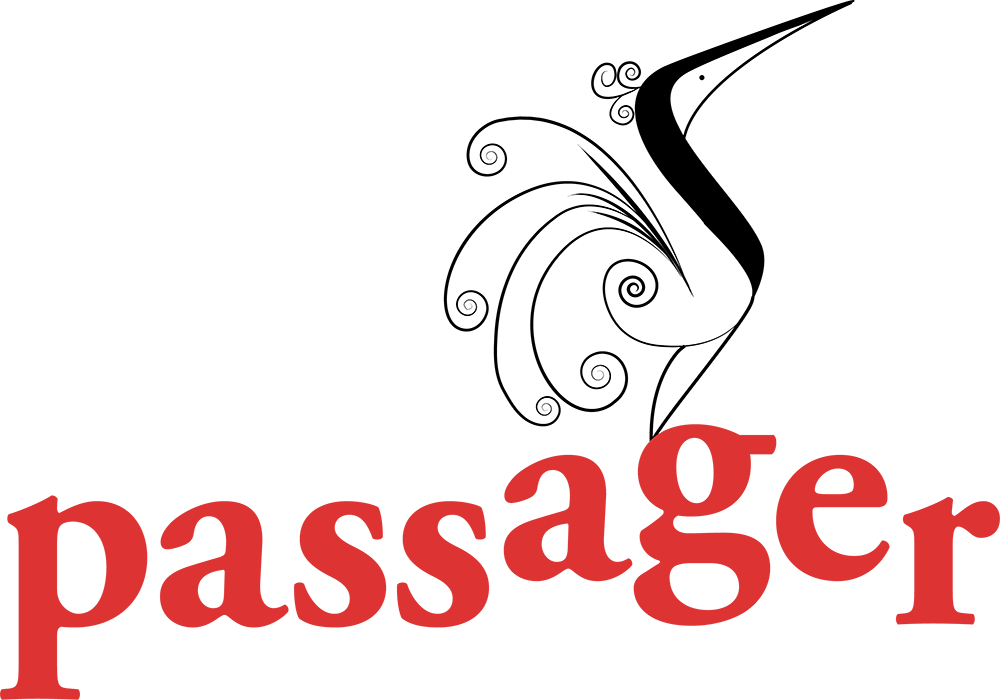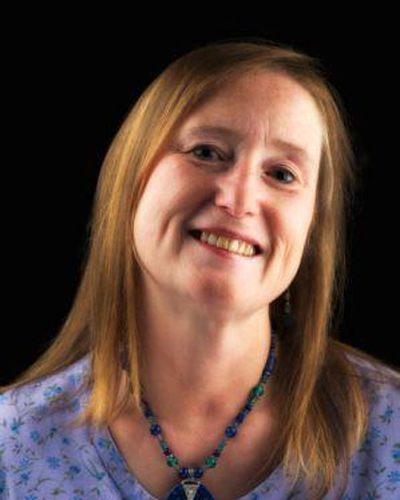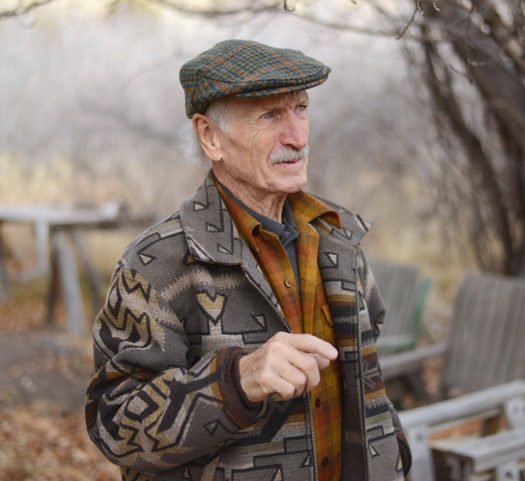Bloomsday



Crossovers, with poems by Monica De Bhailís, Judy Ireland and Nora Percival.
7 minutes
TRANSCRIPT
In his book Ulysses, James Joyce wrote a detailed account of one day in the life of protagonist Leopold Bloom. The book was set in Dublin on June 16. I couldn’t find any Passager pieces about James Joyce or Ulysses, but I did find one by another Irish writer that lives in Dublin. Monica De Bhailís dedicated this poem to H.K., her archaeologist friend who “inspired me with her respect for the everyday lives and rituals of our ordinary ancestors and her commitment, as an archaeologist, to preserving and documenting the evidence of those lives for the benefit of future generations’ understanding.” Here’s Monica’s poem “The Archaeologist Who Would Bequeath Her Body to Medical Science.”
So my friend, you would deny the earth your bones,
after all you’ve been through together, the years
you spent kneeling in the mud, cajoling it to yield
any old flint or sherds, coins or combs, clay pipes —
gently waking the dead like a child creeping
to her parents’ room for hearing No, it’s just a dream.
There is to be no burial chamber befitting you,
no ancient ritual to explain your death, your life
of entering the cairn backwards, knocking on doors
of wattle-and-daub, sifting for hard evidence, finely
drawing the truth you found — your curious maps
to guide the children home from what they will endure.
My memory finds us on our first night bewildered
in the boarding-school dorm, loading our lockers
with rations and treasures from home. Our little burial.
Your jam-jar displaying your appendix-operation stitches
drew my instant recognition — you understood
the artefact is inseparable from the meaning of the act —
the making, using, exchanging, the offering, the gifting —
that energy is never spent while you hold some relic
in your hand. Now I wonder what the surgeon’s trowel
will find, what it might look like, preserved there
in a specimen-jar in the museum, inscribed:
Sacrifice. Found in a Woman. 21st Century. Rare.
Monica De Bhailís’s poem “The Archaeologist Who Would Bequeath Her Body to Medical Science” from Passager’s 2020 Poetry Contest issue.
I also couldn’t find any other Passager pieces about Ireland. But I did find this one by Judy Ireland. She said that her poem is about intention and a form of stoicism or way of living that is tied (at least metaphorically) to the beautiful land that experiences the harshest of seasons. Here’s her poem “This Farm.”
There are no proud ponies on this wounded farm,
no exultant yellow cornstalks with their green
and furious banners, no cherry-red tractors
with enormous wheels, dragging wagons
sagged with hay in bales too big to be lifted
by one man.
This place is barren, lost in cold blue winter,
having lived through the brown of autumn
only to find more brown, more wind, less light.
I had planned to raise so many children.
They would chatter in the dark and complain
about me, dislike the oatmeal
and the way I combed their hair.
I had planned to have the weight of all their little bodies
hanging off me, weighing me down, as ballast.
I had planned to wash hands and feed mouths
for years and years, and then lose control
throw up my hands, and watch them propel
themselves in every direction, good and alive.
Plans come easy, and life is full of this and that.
There are snow devils in the bare backyard.
Storms propel ice in every direction,
draw ferns on the glass in the back door.
Love still happens, and is fine,
regardless of the quiet,
the quiet of land that is uncultivated,
returning to the wild.
“This Farm,” Judy Ireland from Passager Issue 52.
I said at the beginning of this episode that this week marks Bloomsday. James Joyce chose June 16 for Bloomsday because that’s the day in 1904 when he began a relationship with a woman named Nora Barnacle. I couldn’t find anything about Nora Barnacle, either, in the Passager archives, but I did find a poem by another Nora. Nora Percival was born in 1914 in Samara, Russia. She said that after the Bolshevik revolution began, her father had to escape to avoid arrest or death, and she and her mother eventually rejoined him in New York. Here’s a sonnet she wrote for her husband, “May I Have This Dance?”
Tonight we met, tomorrow we shall part.
This faint black night, shadowed with stars, is all
that we shall know together. Between start
And finish lies a single music, tall
And fluent as our bodies in the dance;
An iced drink on a table, and a kiss.
The trade wind brings a thin scent of romance;
Has-been and is-to-be are lost in this.
We move within a ring of swift delight,
Rapt in a lovely dream that has no name.
The red flare of a match contains the night
As our two distant lives glow in this flame.
The beat of the Bolero is a sign
That once one music held your heart and mine.
“May I Have This Dance,” Nora Percival from the 2005 Passager Poetry Contest issue.
To subscribe to or learn more about Passager and its commitment to writers over 50, go to passagerbooks.com. You can download Burning Bright from Spotify, Apple and Google Podcasts, and various other podcast apps.
For Kendra, Mary, Christine, Rosanne and the rest of the Passager staff, I’m Jon Shorr.



